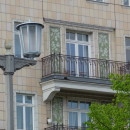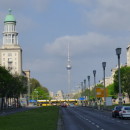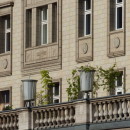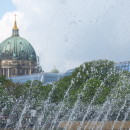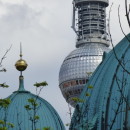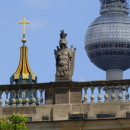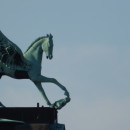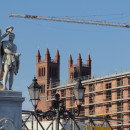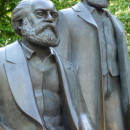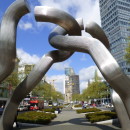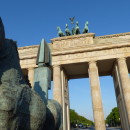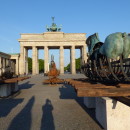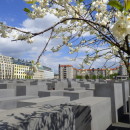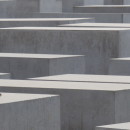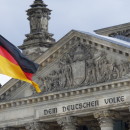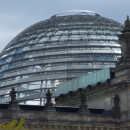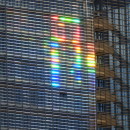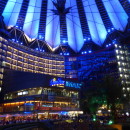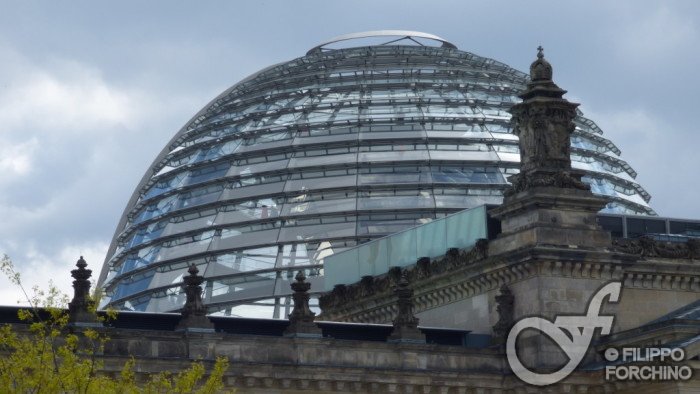Berlin is the capital of Germany, and its largest city. It is located in northeastern Germany, on the banks of River Spree. Due to its location, it is influenced by a temperate seasonal climate. Around one third of the city’s area is composed of forests, parks, gardens, rivers and lakes.
First documented in the 13th century, Berlin became the capital of the Margraviate of Brandenburg (1417), the Kingdom of Prussia (1701–1918), the German Empire (1871–1918), the Weimar Republic (1919–1933) and the Third Reich (1933–1945).[11] Berlin in the 1920s was the third largest municipality in the world. After World War II, the city was divided; East Berlin became the capital of East Germany while West Berlin became a de facto West German exclave, surrounded by the Berlin Wall (1961–1989). Following German reunification in 1990, the city was once more designated as the capital of all Germany.
Berlin is a world city of culture, politics, media, and science. Its economy is based on high-tech firms and the service sector, encompassing a diverse range of creative industries, research facilities, media corporations, and convention venues. Berlin serves as a continental hub for air and rail traffic and has a highly complex public transportation network. The metropolis is a popular tourist destination. Significant industries also include IT, pharmaceuticals, biomedical engineering, clean tech, biotechnology, construction, and electronics.
Modern Berlin is home to renowned universities, orchestras, museums, entertainment venues, and is host to many sporting events. The city is well known for its festivals, diverse architecture, nightlife, contemporary arts, and a high quality of living.
